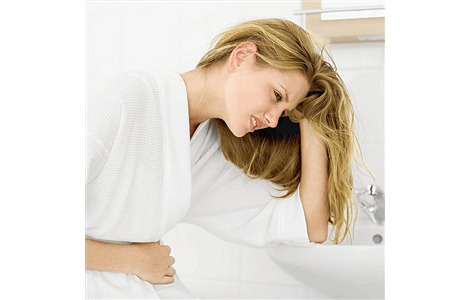
Many digestive diseases have similar symptoms. Here’s how to recognize them and when to call our home GP for bowel problems in Costa del Sol.
Common bowel conditions and how to recognize them
1. Gastroesophageal Reflux Disease (GERD)
While acid reflux and heartburn are normal, having symptoms that interfere with your everyday life or occur at least twice a week might indicate GERD, a chronic digestive illness. Call our home GP for bowel problems in Costa del Sol if you have chronic heartburn, poor breath, tooth erosion, nausea, discomfort in your chest or upper abdomen, or difficulty swallowing or breathing.
2. Gallstones
Gallstones are hard deposits that form in your gallbladder — a small, pear-shaped sac that stores and secretes bile for digestion.
When gallstones block the ducts leading from your gallbladder to your intestines, they can cause sharp pain in your upper-right abdomen. Medication sometimes dissolves gallstones, but if that doesn’t work, the next step is surgery to remove the gallbladder.
3. Celiac Disease
Celiac disease is a serious sensitivity to gluten, which is a protein found in wheat, rye, and barley. In children, symptoms may include abdominal pain and bloating, diarrhea, constipation, vomiting, and weight loss. Symptoms in adults can also include anemia, fatigue, bone loss, depression, and seizures.
Yet some people may not have any symptoms.
4. Crohn’s Disease
Crohn's disease is a kind of inflammatory bowel illness that affects the intestines (IBD). Crohn's disease can affect any region of the gastrointestinal system, although it most often affects the terminal ileum, which links the small intestine to the colon.
Abdominal discomfort, diarrhea, rectal bleeding, weight loss, and fever are the most frequent Crohn's symptoms. If you have any of these symptoms, call our home GP for bowel problems in Costa del Sol immediately.
5. Ulcerative Colitis
The symptoms of ulcerative colitis are remarkably similar to those of Crohn's disease, but the large intestine, commonly known as the colon, is the only portion of the digestive tract that is affected.
6. Irritable Bowel Syndrome
If your digestive tract is irritable, and you have stomach pain or discomfort at least three times a month for several months, it could be irritable bowel syndrome (IBS), another common digestive condition.
7. Hemorrhoids
Hemorrhoids are a painful and itchy irritation of the blood vessels at the end of your digestive system. They can be identified by bright red blood in the toilet bowl as you move your bowels.
8. Diverticulitis
Diverticula are small pouches that can form anywhere there are weak areas in your digestive system's lining, although they are most often seen in the colon. Diverticulosis is a disease in which you have diverticula but no symptoms. It is prevalent in elderly individuals and hardly ever causes issues. If you have pain that is constant and persist for several days, the lower left side of the abdomen is the usual site of the pain and you experience nausea, vomiting, fever, abdominal tenderness, constipation or diarrhea, call our home GP for bowel problems in Costa del Sol.
9. Anal Fissure
Anal fissures are small, oval-shaped breaks in the lining of your anus, which is the very end of your digestive tract. The symptoms are similar to hemorrhoids, including bleeding and discomfort following bowel movements. Fissures can be caused by straining and forceful bowel movements, but they can also be caused by soft stools and diarrhea.
When to call our home GP for bowel problems in Costa del Sol
If you think you may be suffering from one of the conditions described above, call our home GP for bowel problems in Costa del Sol.